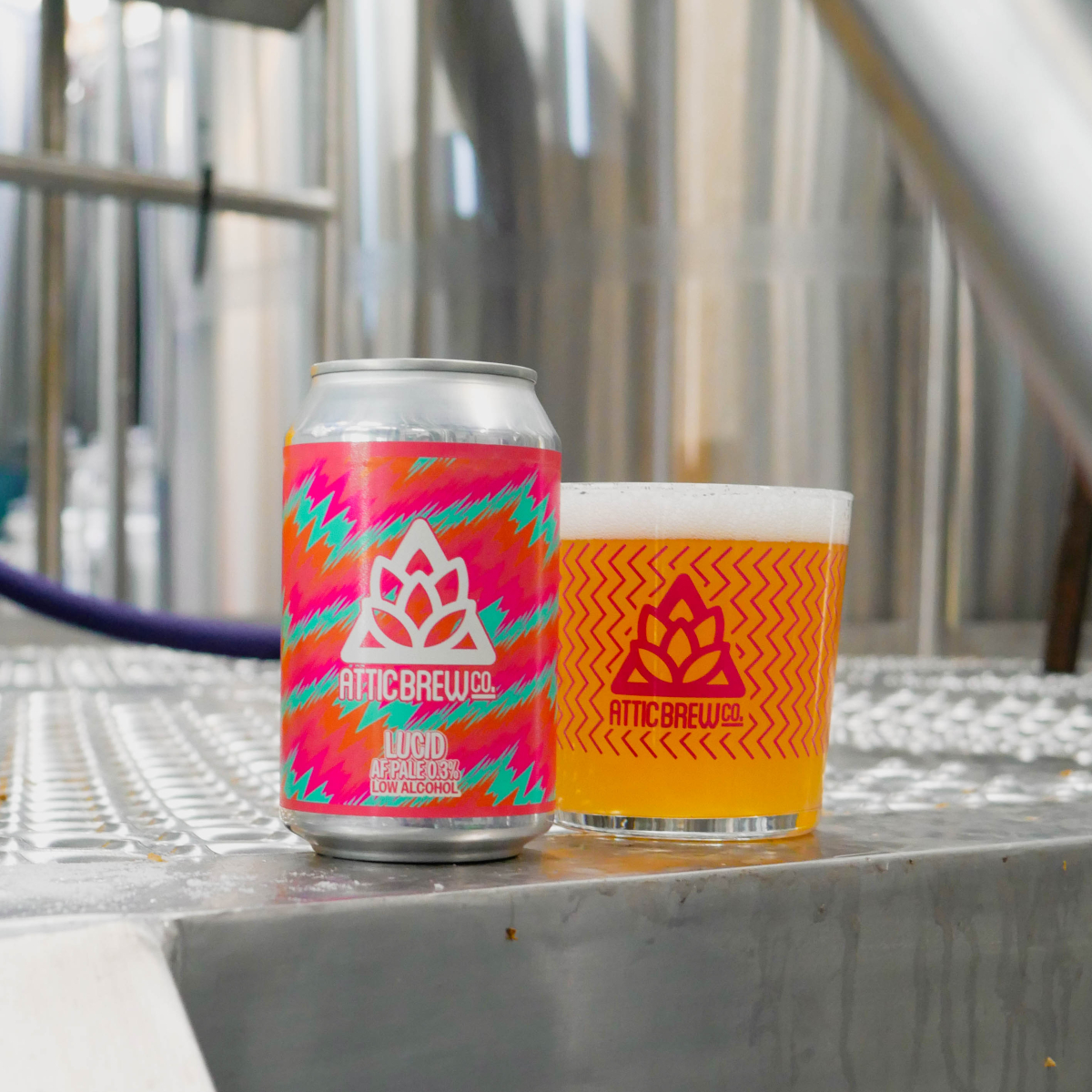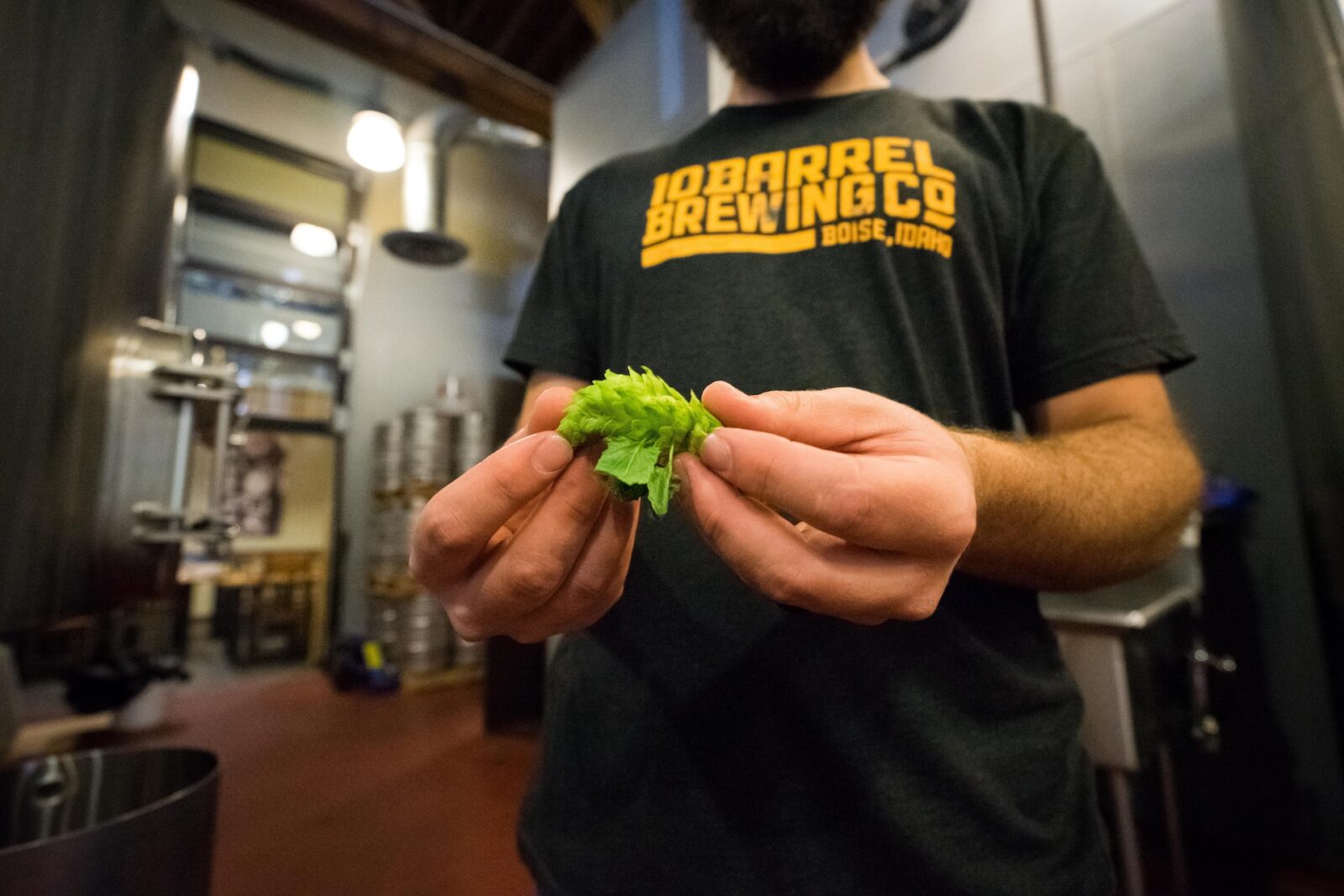Attic Brew Co, a fast-growing Birmingham craft brewery, has received a grant under the West Midlands Combined Authority’s energy efficiency scheme to reduce its carbon emissions by 65 tonnes annually and save £30,000 in energy costs.
A report from food and drink manufacturing consultancy NIRAS has flagged the opportunity for brewers to set new industry standards, as sustainability moves from ‘nice to have’ to ‘must have’…
As the craft beer industry continues to grow, it’s essential for breweries to prioritize sustainability. Adopting eco-friendly practices not only benefits the environment but also enhances your brand reputation and can lead to long-term cost savings. In this article, we will explore ten practical ways in which craft breweries can become more sustainable.
As the craft brewing industry continues to experience exponential growth, many craft breweries are starting to feel the effects of inflation. With the cost of ingredients and labor on the rise, craft breweries are looking for new and innovative ways to save money and stay afloat in these turbulent economic times. This article will provide 20 cost-saving strategies that craft breweries can employ to help them survive inflation in 2023. Each of these strategies has proven to be effective in helping craft breweries cut costs, increase efficiency, and remain profitable.
Last year, the brewing industry surfed the choppy waves of carbon dioxide shortages, a tight labor market, and spiking expenses, as inflation impacted everything from cans to grains to freight. “Nearly everything costs more than it did before the pandemic,” says Bart Watson, the chief economist at the Brewers Association. “Brewers haven’t been able to fully pass those costs onto customers, meaning lower margins.”
UK brewers are taking “huge steps” to be more environmentally friendly with an expanded, targeted roadmap being launched to help the sector decarbonise at pace to reach net zero.
Brewers have long been at the forefront of environmental causes and sustainable initiatives. From recycling to energy-efficient equipment, craft breweries have long worked to leave a minimal footprint in a very resource-heavy industry. The recent shock on fuel prices and rising energy costs along with an aging power grid in many states has caused breweries of all sizes to think about alternative energy sources or bringing equipment in-house to keep the lights on and taps flowing.





